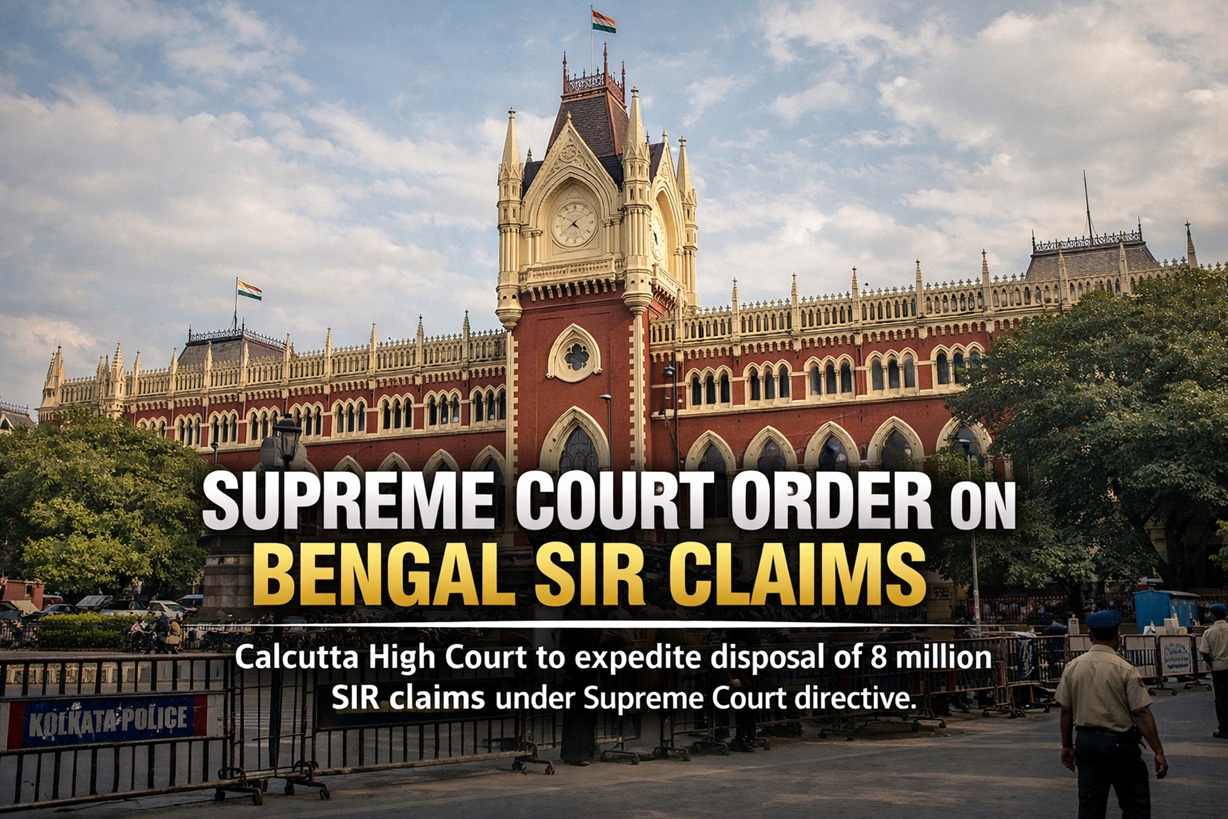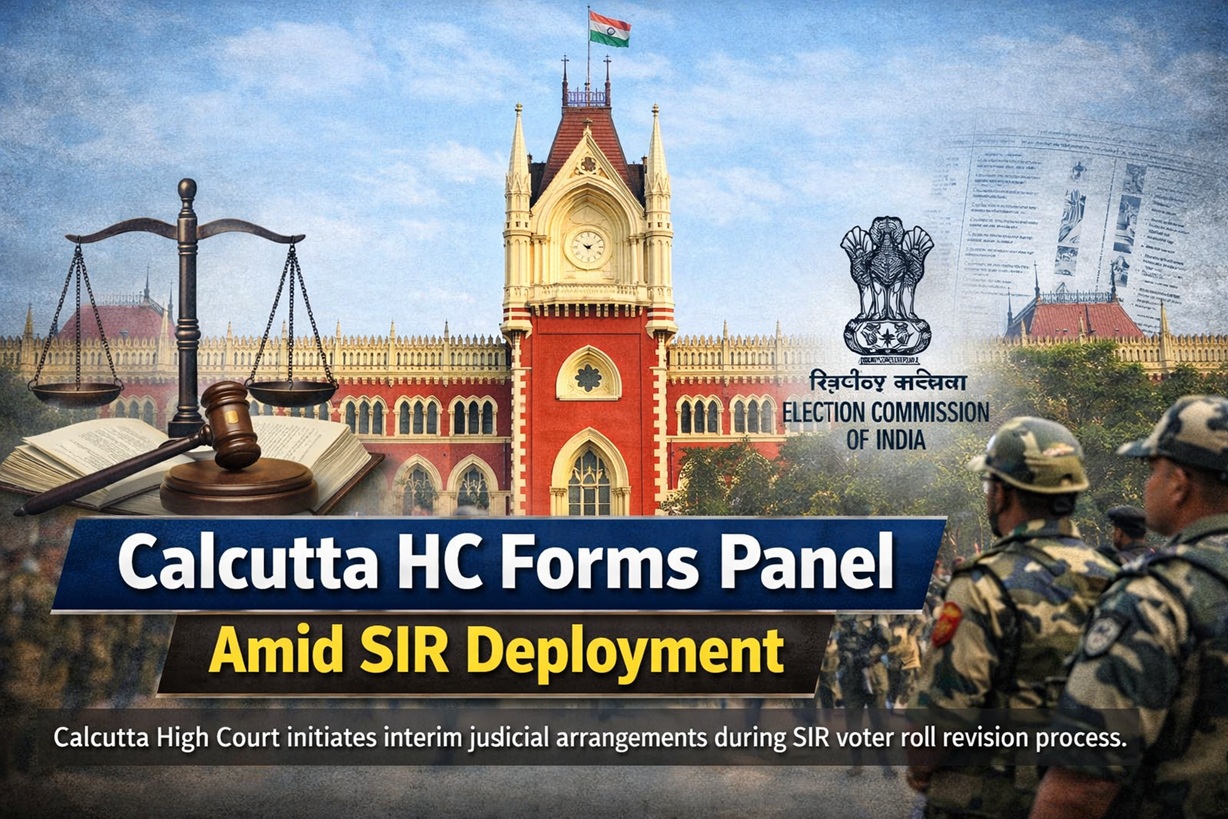In a significant development in the Delhi excise policy case, the Supreme Court granted interim bail to Delhi Chief Minister Arvind Kejriwal until June 1. However, one of the key conditions for the decision was that Kejriwal would not be allowed to discharge any official duties as Chief Minister. The bench of Justices Sanjiv Khanna and Dipankar Datta passed the order, stating that Kejriwal would have to surrender on June 2, two days before the results of the Lok Sabha elections.
Supreme court Observations
The Supreme Court observed that Kejriwal could have been arrested earlier, considering that the case had been ongoing for one and a half years. The court pronounced a short oral order, and the written order is expected to be uploaded later in the day. In the oral order, the court indicated that they are granting interim release or bail to Mr. Arvind Kejriwal, which will be operable until June, allowing him to campaign during the election process. There are no restrictions on what he can say or cannot say during this period.
Why was ED opposing Delhi CM Bail
The Enforcement Directorate (ED) filed a new affidavit on May 9, strongly opposing the grant of interim bail for Kejriwal for election campaigning. The ED argued that an election campaign cannot be a ground for bail, as it is not a fundamental or legal right. They also stated that granting bail would set a wrong precedent.
Bail conditions
During the hearing on May 7, the Supreme Court had hinted at granting interim bail to Kejriwal to enable him to campaign for the local elections. However, they made it clear that if the interim bail is granted, Kejriwal would not be allowed to perform any official duties as Chief Minister. Delhi CM has been granted bail with the following conditions
1. Chief Ministerial Duties: No duties of the chief minister of Delhi will be performed by Kejriwal. He is prohibited from visiting the chief minister’s office and Delhi Secretariat.
2. Liquor Probe Comments: Kejriwal is barred from making any comments regarding his role in the money laundering case linked to the Delhi excise policy, for which he was arrested.
3. Bail Bond Requirement: Kejriwal must furnish bail bonds of ₹50,000 and provide one surety of the same amount for his release from Tihar jail, to the satisfaction of the jail superintendent.
4. Official File Signing: Kejriwal will refrain from signing official files unless it is required and necessary for obtaining clearance or approval from the Lieutenant Governor of Delhi.
5. Witness Interaction and File Access: Kejriwal is not permitted to interact with any witnesses or access official files connected with the case.
6. Bail Purpose Clarification: The interim bail granted to Kejriwal is not indicative of an opinion on the merits of the case against him.
The Supreme Court justified its decision as election at 4th Phase is round the corner, highlighting that Kejriwal, with no prior criminal convictions, does not pose a threat to society. However, he has been asked to surrender on the 2nd of June.
Reaction to Supreme Court Decision
The Supreme Court’s decision to grant bail to the Delhi CM has evoked varied responses. Some are concerned that this ruling might set a precedent for other political leaders facing similar accusations and awaiting trial in jail. It highlights the consistency of the Indian Constitution, affirming that all citizens are subject to the same legal principles. However, there’s a perception that politicians, often likened to big business figures, are treated differently by the courts.
AAP leader Reactions
AAP leader sees the interim bail (granted to Arvind Kejriwal by the Supreme Court) as a victory for truth and democracy. They believe that the Chief Minister was arrested and put in jail without any substantial evidence. This decision not only protects democracy but also upholds the principles of the Indian Constitution, But the reality is that Delhi CM has been granted condition bail only because of the upcoming elections, but the case is still on.
ED’s next action: ED Files Supplementary Charge Sheet
The ED has filed a 224-page supplementary charge sheet in the liquor gate case. The ED’s prosecution complaint names Arvind Kejriwal and BRS leader K Kavita as accused in the case. This is the seventh charge sheet filed in the case, with the first charge sheet referred to as the prosecution complaint. The subsequent complaints filed are known as supplementary prosecution complaints. Therefore, if we count the total number of charge sheets, it is the seventh, and if we include the supplementary charge sheets, it is the sixth.
Kejriwal and other Aam Aadmi Party (AAP) leaders have been accused of a criminal conspiracy, allegedly creating loopholes in the Delhi excise policy of 2021-22 to favour certain liquor sellers. Kejriwal is currently in Tihar jail after being arrested by the ED. The ED had previously argued that Kejriwal should not be treated differently from any other criminal just because he is a politician. Now after the filing of a supplementary charge sheet naming Arvind Kejriwal and BRS leader K Kavita as the kingpins of the Liquor Gate case, it will be interesting to know whether Arvind Kejriwal will have to stay in Tihar for the next few years, leading to the end of his political career.





